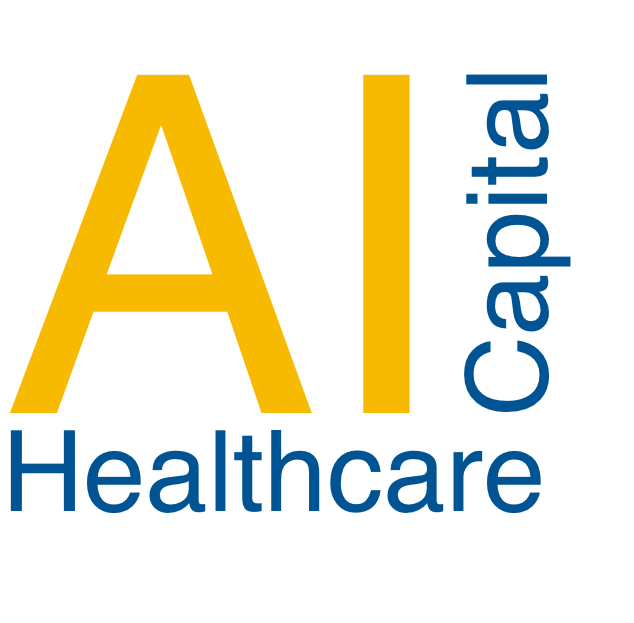By Ewelina Wolosyzn, Oct. 16, 2024
Burnout among healthcare professionals has reached a critical tipping point, posing a profound challenge to both individual well-being and the healthcare system at large. With relentless schedules, emotionally taxing responsibilities, and the burden of growing administrative tasks, many healthcare workers are battling exhaustion on multiple fronts. This toll often leads to severe consequences like anxiety, depression, and even physical ailments such as heart disease. As a result, many are forced to leave the profession, exacerbating an already strained healthcare system. And when healthcare providers suffer, so does the quality of care, leading to medical errors, lower patient satisfaction, and, in the worst cases, increased mortality rates.
The financial cost of this burnout is equally alarming. Burnout-related expenses in the U.S. healthcare system alone are estimated to exceed $4.6 billion annually, factoring in staff turnover, reduced productivity, and negative patient outcomes. For healthcare systems, these costs can destabilize operations and lead to inefficiencies that ripple across society. This presents both a challenge and an opportunity for innovation.
Enter artificial intelligence (AI), a powerful tool with the potential to revolutionize how healthcare is delivered and managed. By automating repetitive administrative tasks, offering advanced decision support, and even enhancing diagnostic accuracy, AI can alleviate the pressure on healthcare professionals, allowing them to focus on what they do best—caring for patients. More importantly, this technology improves patient outcomes by streamlining processes, reducing human error, and enabling more personalized care.
For investors, the opportunity is clear. The market for AI-driven healthcare solutions is rapidly growing, and the potential for AI to tackle burnout makes it not just a lucrative venture but a vital one. Investing in AI that empowers healthcare professionals isn’t merely about technological advancement; it’s about solving a systemic crisis that impacts us all. By supporting solutions that reduce the burden on healthcare workers, investors can drive improvements in patient care, enhance operational efficiencies, and address one of the most pressing challenges in modern healthcare. In doing so, they have the chance to create value while making a meaningful impact on society—a rare combination that signals both financial return and social responsibility.






